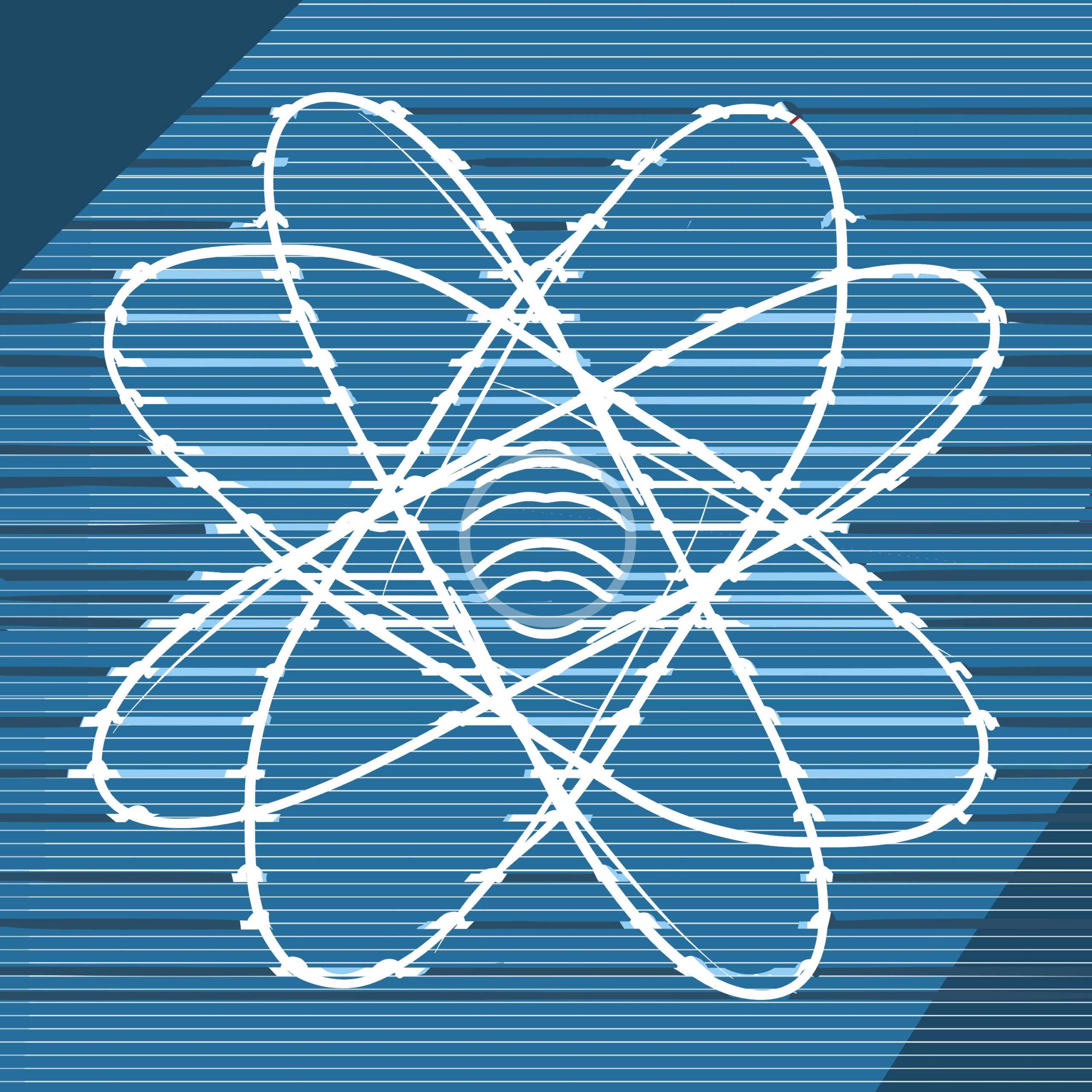New URI graduate program celebrated at “Frontiers in Quantum Computing” conference. Graphic Credit: Elizabeth Wong
Rhode Island Senator Jack Reed spoke at the Frontiers in Quantum Computing Conference
as the up and coming field of quantum computing has been added to the roster of master’s programs at the University of Rhode Island.
This three-day conference, sponsored by D-Wave Systems and International Business Machines (IBM), was a celebration of the physics department’s new quantum computing graduate program at URI. The program will focus on training a workforce to prepare for the “quantum revolution,” according to Leonard Kahn, the chair of the department of physics.
URI President Marc Parlange introduced Reed at the conference with a speech focusing on the advancement of scientific computing at the University.
“The advances in quantum computing are going to profoundly change the way we think about computers and science in general,” Parlange said. “We’re at the frontier of some very exciting possibilities.”
Reed began with praise for URI and its “ability to move forward and to aggressively go where no others have gone.”
“We are on the cusp of a revolution beyond imagination,” Reed said. “By exploring the properties of quantum systems, researchers here will reveal fundamental principles of the physical world, expanding the horizon of human knowledge.”
Jake Taylor, a physicist at the National Institute of Science and Technology, was the event’s keynote speaker. He discussed the concept of quantum information as being a “base” technology or “the technology upon which other technologies are built.”
Taylor discussed what it can take to see progress in the evolving field of quantum computing.
“What we really need is people working hard, picking a systems engineering approach to building quantum machines,” Taylor said. “You can achieve that, and you will see the transformation.”
Similarly, Kahn described quantum mechanics as being “the foundation of everything that we do [in computer science].”
URI’s quantum computing initiatives will establish a new hub for quantum information science in the Northeast, according to Reed. He believes that federal funding will be necessary to help this program develop to its full potential.
“We should do everything we can to continue to be the country where the most technically talented people are welcome,” Reed said. “Where they can contribute to growing our economy and protecting our national security.”
According to Reed, the potential uses for quantum computing are “far-reaching.” Some of these uses include improving the military’s ability to see enemy threats, being able to better break encryptions, better encrypting capabilities and protecting sensitive communications and even improving the precision of our navigation systems for ammunition.
Kahn acknowledged that the primary audience for this conference are the students and faculty on campus, including Parlange, and that their awareness and support of the program is necessary for its growth.
“There’s going to be a variety of hurdles that we have going forward,” said Kahn. “It’s going to be interesting to see how those play out.”





